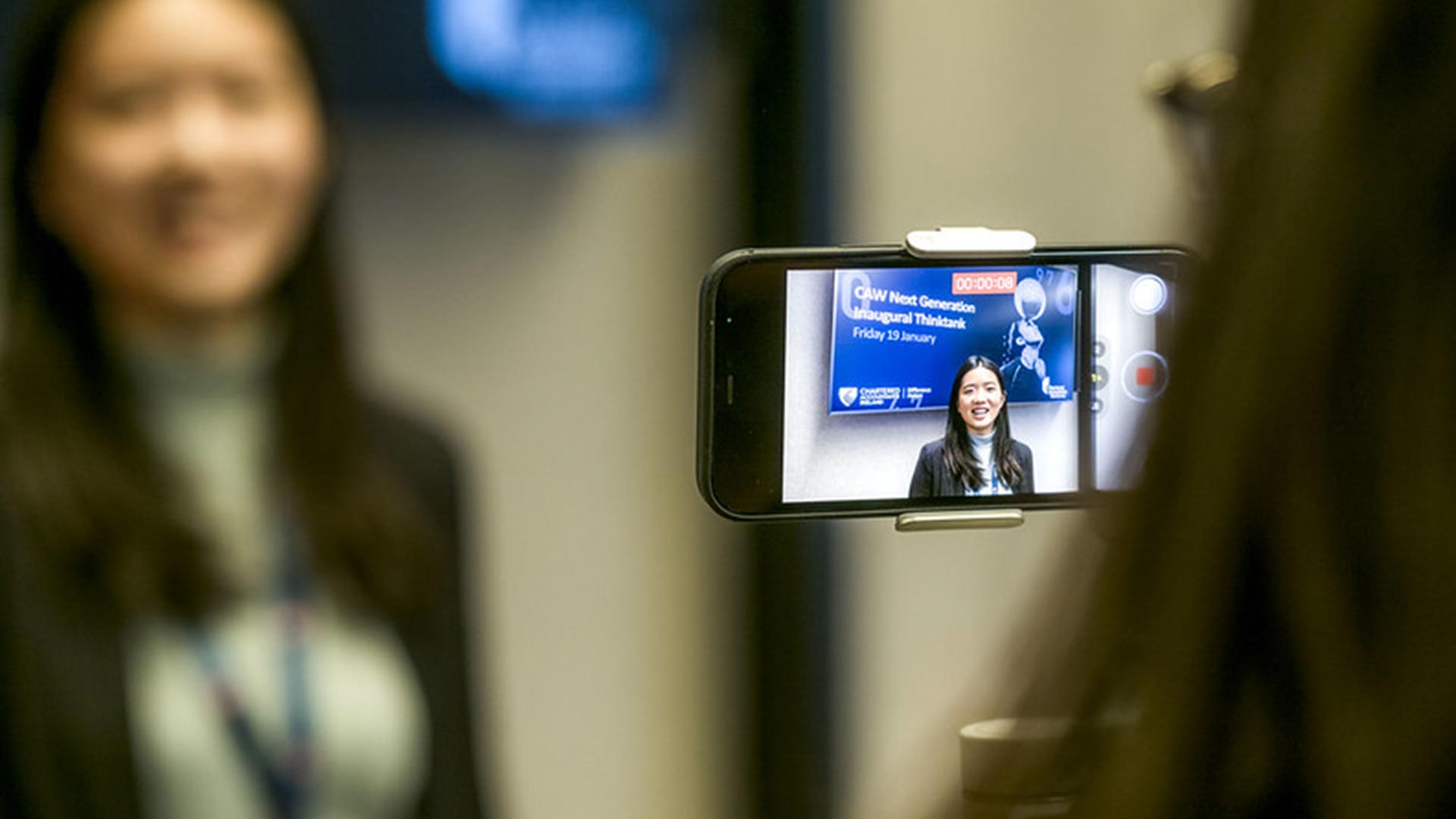By Ryan Herman, CA Magazine
We are living in the age of misinformation. Kerry McGuire CA, Director of Global Data Design at YouGov, tells Ryan Herman why data should be democratised and disseminated to all.
At the start of the previous decade, the concept of Big Data generated a lot of excitement across government and the private sector. That was swiftly followed by the realisation, however, that there is simply way too much information out there. Our ever-increasing use of, and reliance on, technology has led to the storage of vast repositories of information on people’s interests and behavioural habits, ranging from what they search for online to the contents of their fridge.
Kerry McGuire CA, Director of Global Data Design at YouGov, says that the way to cut through information overload comes via connected data. “YouGov’s co-founder Stephan Shakespeare likens data to roads and utilities in terms of its importance to a nation’s infrastructure. It’s what helps companies and governments to make decisions,” McGuire says. “The idea of connected data is to make sense of all this information, to pull it together and create a narrative that can lead to tangible decisions being made.”
YouGov is perhaps best known for its political surveys, but the core of its business revolves around the continuous polling of people across the globe, including around one million Britons. Together, these polls provide information on anything from preferred holiday destinations to how people feel about shopping with a face mask.
McGuire says that there are obvious benefits to its method: “We have more than 40 panels that we own globally and we design the questions for our panellists to answer. The fact we can collect data from them on a continuous basis becomes really powerful.
“You might have data on current customers through a loyalty scheme. With connected data, somebody can dive in and understand what those customers look like in terms of their gender, age group, geography, earnings, disposable income or their world view, etc.
“If a client thinks, ‘I’ve got a product I want to launch, and this is the target group I’ve identified’ [through connected data] then we can reconnect with that target group on our panel to ask some product-specific questions to help the client make an informed decision, get approval from their board, and hopefully it will be a commercial success.”
Going public
McGuire is also a keen advocate of public data. “Public data isn’t mutually exclusive from connected data,” she says, “but in its simplest form, it’s about making data easy to understand and digestible. Information doesn’t have to be used only by specialist marketing teams or data scientists.
“We’ve looked at the impact of Covid-19 through many different markets and we’ve also been tracking behavioural data around the crisis. Were people scared about catching the virus? Were they listening to the lockdown rules? Are they wearing face masks?
“There are also questions around trust in government and we’re asking those on a rolling basis to all our panellists around the world. One of the questions we’ve asked is, ‘Who do you trust on public information messaging – is it the government, the media or health professionals? And we’ve looked at how that has changed over time. We’ve teamed up with Imperial College London and the World Health Organisation to provide them with that data for free.
“Anyone can look on our website to see not only how this country is feeling but how other countries are feeling as well. It’s a really good example of the power and importance of public data, although I obviously hope Covid in particular is a one-off example.”
In the age of fake news, there has never been a greater need for trustworthy information. One of the pitfalls of social media is the echo chamber effect – the way posts are filtered to prioritise comments that are in line with the user’s own outlook.
This adds greater weight to YouGov’s work. “We are in a place where there is a lot of data out there and it’s not always reliable or it is coming from a certain perspective,” McGuire concludes. “At YouGov, we feel we have a part to play in making sure that unbiased data is available to everyone.”
Kerry’s career
Education: Studied accountancy, University of Glasgow
2005: Becomes an auditor at Audit Scotland
2007: Joins RBS as a finance graduate, promoted to Manager in 2010
2010: Qualifies as a CA
2012: Made Finance Business Partner, Coutts
2013: Becomes Vice President at Barclays
2017: Appointed Director of Global D
This article first appeared in CA magazine: https://www.camagazine.co.uk/september2020#!cover













